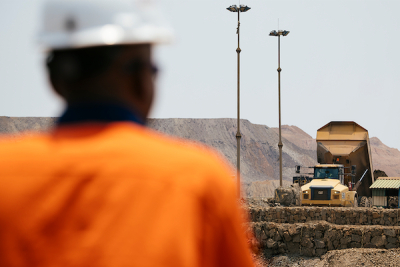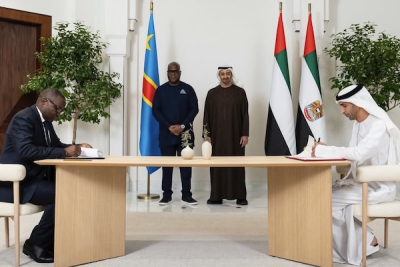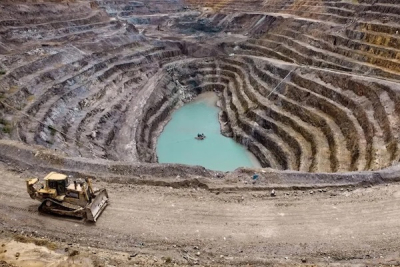• The DRC will deploy 129 fortified operational bases (FOB) to secure cocoa and coffee harvests in the conflict-affected east.
• The Alliance Virunga has allocated a budget to make these FOBs operational, but authorities gave no deployment timeline.
• The plan aims to protect production zones, safeguard trade corridors, and cut off armed groups from resources.
The Democratic Republic of Congo (DRC) plans to deploy 129 advanced operational bases (FOB) to protect cocoa and coffee harvests in the east, Agriculture and Food Security Minister Muhindo Nzangi Butondo said on Sept. 19. He announced the initiative in an information note presented to the Council of Ministers.
The Council’s report stated that the fortified installations will first target high-value agricultural zones. The provinces include North Kivu (Beni), Ituri (Irumu and Mambasa), and Tshopo (Bafwasende, Banalia, Ubundu, Isangi, and Lubuya Bera in Kisangani). Authorities also plan to secure buffer zones around Virunga and Maiko National Parks and the Okapi Wildlife Reserve.
The program replicates a pilot launched in Mutwanga, Beni territory. After Allied Democratic Forces (ADF) rebels attacked in May 2021, authorities established a FOB at Nzenga with support from Alliance Virunga. The camp included soldier housing and an operations center linked to community alerts. Three units operated there: one with zero response time, one with 15 minutes’ notice, and one in reserve.
The Council noted that Alliance Virunga has a budget to activate the 129 bases. However, officials did not specify a deployment timeline. The plan aims to expand the security model along the Kivu-Kinshasa green corridor, which the government considers vital for economic diversification, poverty reduction, and rural stabilization.
Authorities said the bases will protect production zones and trade corridors, reduce post-harvest losses tied to insecurity and poor transport links, boost food sovereignty, and increase agricultural exports. They added that the initiative should create rural jobs to anchor youth in at-risk areas, deny resources to armed groups, and protect forest ecosystems.
The government has set up a steering committee led by the Agriculture and Food Security Minister. Officials plan to integrate the project into the National Development Plan and the Agricultural Transformation Program.
This article was initially published in French by Boaz Kabeya
Adapted in English by Ange Jason Quenum










